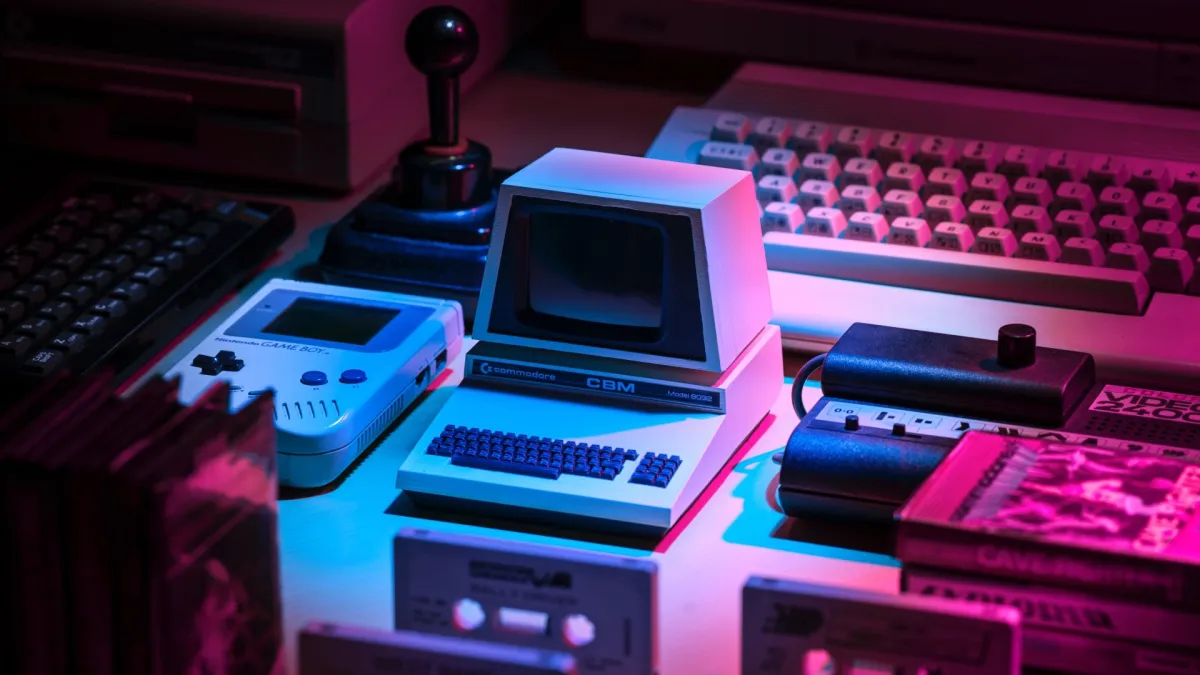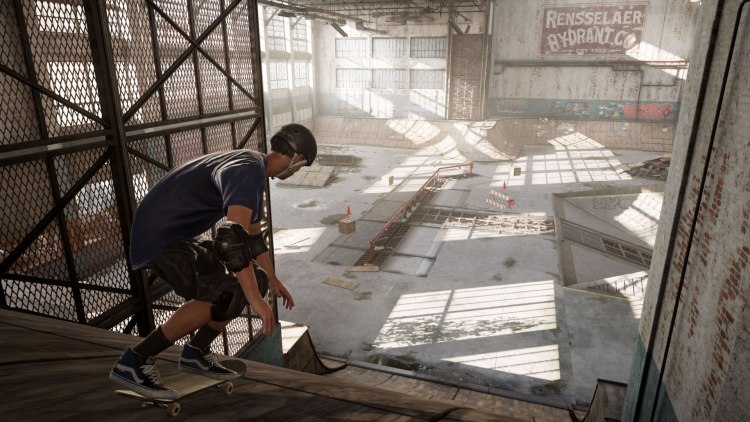With the release of Mass Effect Legendary Edition, I’ve been thinking a lot about video game preservation. Not every game needs to be preserved for future generations. After all, there’s a lot of shovelware on Steam that not only doesn’t warrant preservation but probably doesn’t deserve to be on sale in the first place.
There are some games, though, that will be sad to lose forever. So, what are the issues with game preservation, and what can be done to save the games we love?
You don’t know what you’ve got ’til it’s gone
Preservation of art is usually something that is thought about too late. Many great painters reused their canvasses, painting over works they had already completed. Other great artworks were probably lost from people losing them, throwing them away, or accidents like fires and floods. Nowadays, there’s an entire industry devoted to preserving and maintaining great artworks. The TV and movie industry has lost numerous works. Monty Python fans can only enjoy that TV series now because the comedians themselves stepped in to buy the videotapes from BBC when they were going to be recorded over. It’s thought that about 70% of all silent movies have been lost forever.
Video game preservation has already begun with both collectors and more organized efforts saving classic titles. It was started through the securing, salvaging, and restoration of arcade cabinets. Since then, at least a handful of every console and their software has been saved by collectors and museums. While Xbox has won a lot of praise recently with the way it has fully embraced backward compatibility (something Sony and Nintendo seem miles behind on), PCs are an obvious place to enjoy classic games. Alongside older PC games, a lot of titles from other systems can be played through emulation. Purists may object to emulators but they do offer easier (and cheaper) access to classic titles for curious gamers. Emulators will become more essential as time goes on due to older gaming hardware eventually breaking and becoming unrepairable. The legality of some emulators may be in question (at least in regards to the source of the games you play through them). However, there are others such as DOSBox which just make older PC titles playable once again such as The Elder Scrolls Arena.
The digital future could be lost in the past
When it comes to the preservation of games, it isn’t so much the past that concerns me but preserving what we have now and from the last decade or so. Up until recent years, we were all buying physical copies of software. If you bought a physical copy of the game, you could always reinstall it from the disk. What’s more, unless you damage the disk, it will always play and won’t get corrupted or fail in other ways. Old floppy disks (5.25 inch and 3.5 inch) may lose their magnetism in around 10 to 15 years, but optical disks will remain viable for 25 to 200 years depending on type. In this digital future that we live in, we are more reliant on other companies to preserve these games. When we get a game from Steam, the Epic Games Store, or any digital marketplace, we’re not really buying it as much as purchasing a license to play it. You are able to play that game as long as you have it on your hard drive or the marketplace maintains its availability.
If a publisher decides to remove a game from a store, how long will the store keep access to that title? It may well keep it for two years, even five, but what about in 10, 20, or 30 years? Will the marketplace you purchased it from still be around then? You may think that you can avoid this by just keeping the games on a hard drive. This is not that reliable an option when looking at longer periods of time. Many of us have heard the dreaded click of a failing hard drive. Even flash memory drives aren’t flawless over time, as the charge in the capacitor eventually dissipates. You would have to regularly move the game files onto new drives which has its own risks.
Not everything is as it appears
The issues with game preservation of modern titles are not just solved by buying physical copies anymore. Data corruption and loss of access to a game may be solved through purchasing a disk, but this is nearly always the worst version and sometimes unplayable. The popularity of the day one patch is both a blessing and a curse. While it does allow developers to correct any issues with a game, it has become a crutch. Instead of the day one patch being used to fix any issues that were missed in initial testing has far too often been used as a way to release games earlier.
Let’s use Cyberpunk 2077 as an example. If you’re in the year 2050 (or even 2077) and want to play the game, you are not going to want to experience it from the version that was released in shops at launch. You don’t want to remember a game with all its bugs, glitches, and performance issues. Even if the developer does manage to release a title without the need for a day one patch, that often isn’t the end of the story. So many games nowadays have extra content added post-launch. Looking back at The Witcher 3: Wild Hunt, you may be content to play it without the various added cosmetic items, but it would be a shame to miss out on the brilliant expansion packs. In the case of Cyberpunk, developers are working on multiplayer for the game. You may still want to experience that in the future.
Revival through rereleases, remasters, and remakes
Another way to preserve a game is by releasing it again. A standard rerelease is only really likely to happen when a new marketplace launches or as part of a collection in a franchise. Even with significant milestones, a publisher is more likely to do a remaster than just rerelease the title. However, I think remasters are actually a respectable way to preserve a game for a period of time. It’s not really changing the game. Most developers are just trying to release the best possible version of the game available. And they tend to pull together the best versions of a game’s assets. The game engine is normally given a bit of a lift without changing it completely. Yes, it’s not the purest version of the game, but it is nearly always the best.
Remakes are a different kettle of fish. Purists are definitely not going to approve of them. Personally, I think it depends on what is being done. I think the remakes of Resident Evil 2 and 3 are really good. However, from a game preservation standpoint, they don’t really hit the spot as they are so different from their original forms. An example of a remake that does game preservation well is Tony Hawk’s Pro Skater 1 + 2. It’s not exactly like the original as you can perform reverts and some transfers, but it is possible to turn this off. It does feel just like you remember, though. The improved graphics fit in with your rose-tinted memories of the original. More importantly, the gameplay feels just like the original you experienced in your youth.
Look to the future but don’t forget the past
As game fans, we are nearly always looking forward to the next big thing. None of us want to go back to a world without online play, 3D graphics, and ray tracing. Let’s not forget where we have come from. There are some truly great games that it would be sad if they were lost forever. My young son has started playing games and I want to be able to show him games like Half-life 2, Portal 2, Diablo III and Halo: Combat Evolved when he’s old enough. Titles like BioShock, Mass Effect, and The Witcher 3: Wild Hunt have stories that will still be great in future years and decades.
Older games can also help to highlight some of the more negative areas that the industry has moved into. They can remind us of a time when a game was released in full and not broken up to force you to purchase a season pass or some other expansion (I’m looking at you DiRT 5). A time when new character skins were earned through in-game play rather than purchasing a loot box with a made-up digital currency that you have to buy with real-world currency. There are lessons that can be learned from the past.
I’m not one of these people who think that every game should be preserved forever. There are games that are classics for a reason, though, and it would be sad to lose them to the passage of time. How this preservation can be done is going to get trickier and trickier. However, it’s something we need to work on and figure out as it would be sad to lose some of the gems that the industry has created.











Published: May 22, 2021 09:00 am